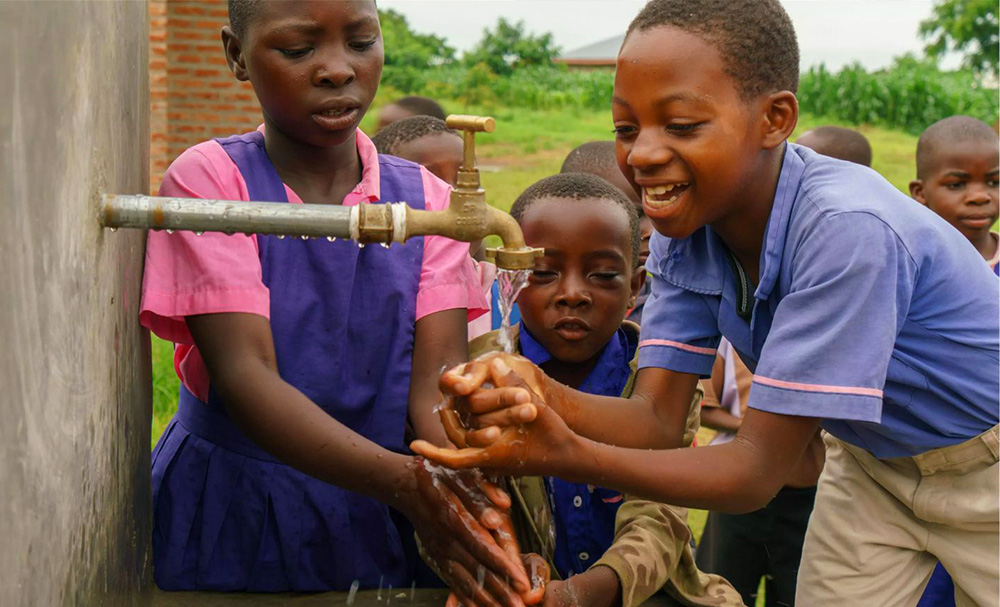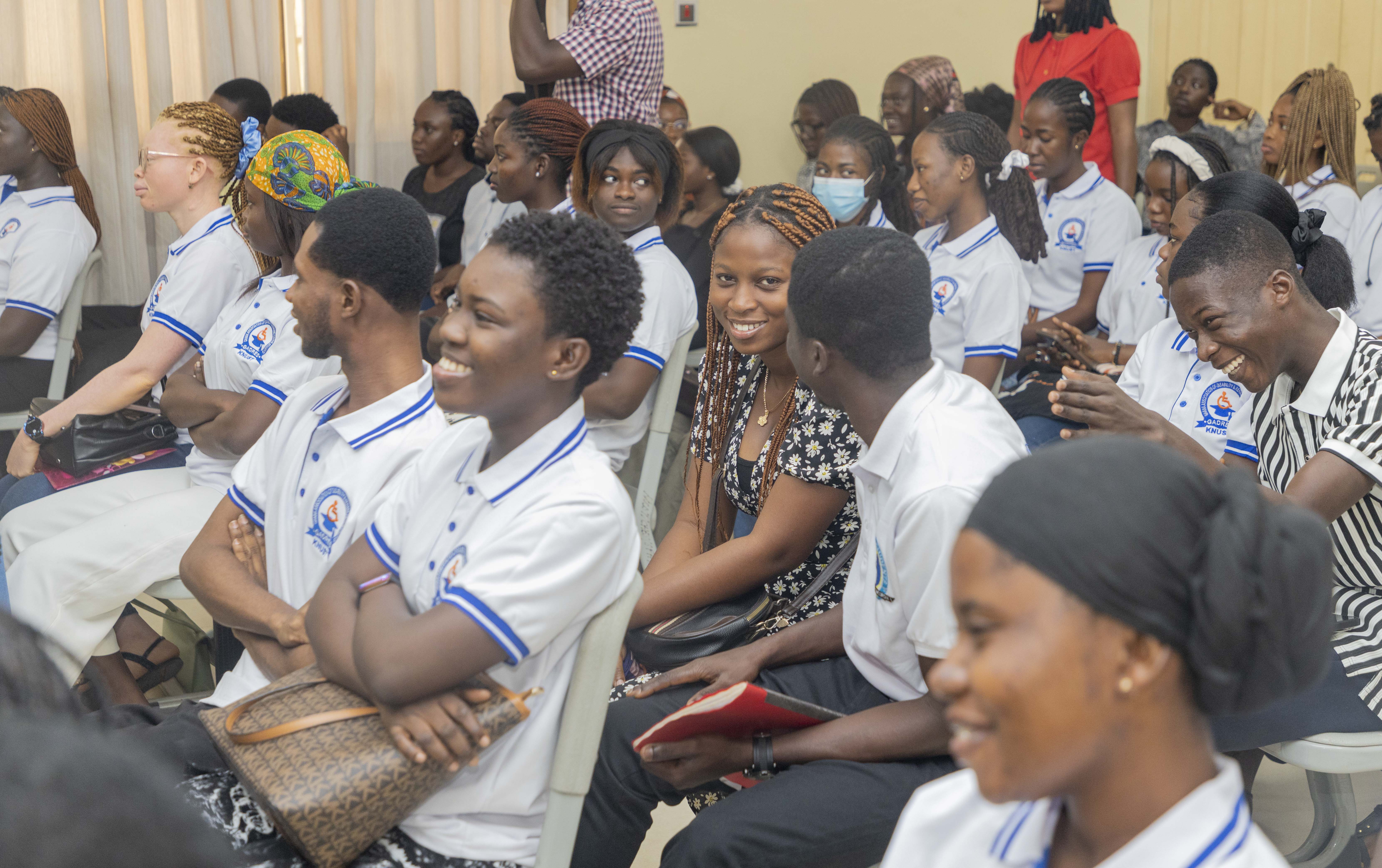A new study by researchers at the Kwame Nkrumah University of Science and Technology (KNUST) is calling for a shift in how schools promote handwashing among school children, urging education authorities to move beyond knowledge-based instruction and focus more on attitude and skill-enhancement strategies.
The study, published in the Journal of Health Psychology and Behavioural Medicine, marks a significant contribution to hygiene education in Ghana and beyond, highlighting the need for more behaviourally informed approaches to Water, Sanitation and Hygiene (WASH) interventions.
The research, led by Dr. Emmanuel Appiah-Brempong, a Senior Lecturer at the School of Public Health, KNUST and co-authored by other researchers from the Regional Water and Environmental Sanitation Centre, Kumasi (RWESCK), KNUST, revealed that simply teaching school children about germs and hygiene does little in changing their handwashing behaviour.
Instead, what proved most effective were instructional strategies that targeted improvement in children’s attitudes and skills toward handwashing, and an awareness that people they cherish endorse the new behaviour, especially their peers and teachers.
“We wanted to go beyond the usual assumptions that simply enhancing knowledge leads to behaviour change,” said the lead researcher, Dr. Emmanuel Appiah-Brempong. “What we discovered was that children are more likely to wash their hands properly when they feel that it’s important to do so and have the skill of doing it, as well as when they know that their friends and teachers think they should.”
The study involved 717 children from four basic schools, using a structured questionnaire informed by two established behavioural models: the Health Belief Model and the Theory of Planned Behaviour.
While knowledge of hand hygiene had an insignificant effect on behaviour, variables like attitude, handwashing skills and subjective norms were statistically significant in predicting both intention and actual handwashing practices.
Interestingly, the desire to have better-smelling hands also came up as a motivation for practising handwashing with soap, a reminder that hygiene habits are often shaped by simple, relatable incentives.
Given these findings, the researchers recommend that hygiene interventions in schools should involve more than just classroom lessons on disease prevention. Instead, programs should be designed to build positive attitudes, teach practical handwashing skills, and involve influential figures such as teachers and older peers to reinforce healthy behaviour.
“This research is a reminder that effective public health starts with understanding human behaviour, which is often complex,” said Dr. Appiah-Brempong. “If we want children to adopt hygiene practices that last, we must shape the relevant psychosocial and environmental variables, not just their knowledge.”
Story by: Edith Asravor










